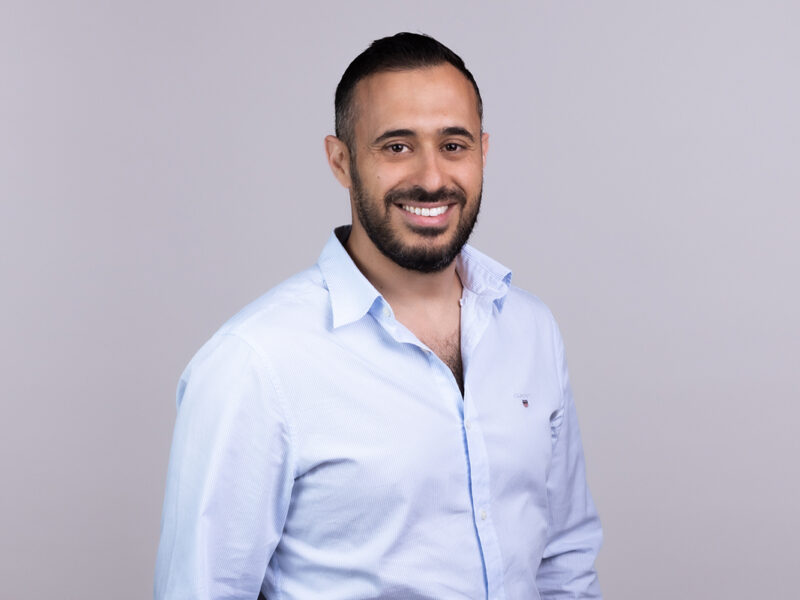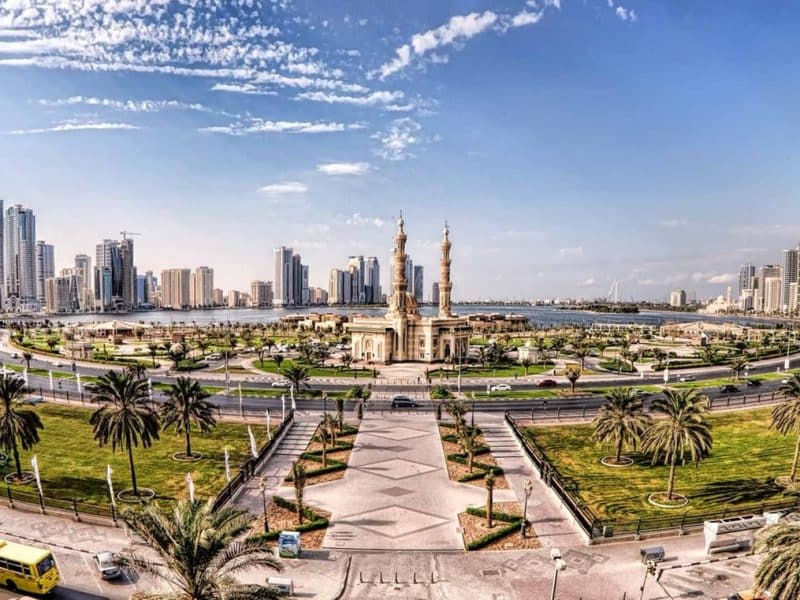Iraq may be a tough market, but for those operators prepared to take the plunge, the potential rewards are enormous.
When Wilson Varghese, president and CEO of Kalimat Telecom, pitched the idea of establishing a nationwide fixed-wireless voice and data network in Iraq in 2004, many investors thought the idea was little more than a brave but foolhardy venture with little chance of success.
But just four years on, those who backed the venture are now seeing their efforts start to bear fruit, as Kalimat develops a fixed-line infrastructure within reach of ordinary Iraqi businesses and families.
Indeed, after acquiring a wireless local loop licence for Iraq back in 2006, Varghese and his colleagues at Kalimat Telecom have been busy preparing the ground for the roll out of a fixed wireless network, aimed at both household and business users in Iraq.
The company has already started offering services using CDMA Rev-A and WiMAX to users in Iraq’s main cities including Baghdad, Basra and Kirkuk, with the rest of the country due to be covered by the second phase of the rollout in 2009.
“The quality of out network, especially on the data side is very high, so that will attract a lot of business customers and the market analysis shows that the quality of service of the data in Iraq is generally is poor,” Varghese says.
“At the moment we have made an investment to the tune of US$74 million. By the end of 2009 we anticipate that we will have invested $275 million, and the complete project is estimated at $500 million,” he adds.
And while Varghese admits that the country suffers from poor supplies of power and security problems, he is optimistic that Iraq’s pent-up demand for fixed-line services for corporate and consumer users will prove strong. “Fixed landline penetration is to the tune of only 4%, and that is why we see a great advantage in the country.
“The country’s infrastructure is really poor so there is a lot of potential in the the market and Iraqi people are really thirsty for data and voice networks,” he adds. “They don’t have a good quality internet service provider, providing good data, so it’s a very niche market to go into. Our intention is to provide low cost data and voice to all Iraqi households.”
Varghese anticipates that Kalimat will gain about 5 million household and business subscribers in four years, which is almost 20% of the market share. He estimates that about 70% of Kalimat’s revenue will come from voice, and about 30% data. And of this business, the majority – more than 80% – is expected to be with household customers, with the remainder coming from business customers.
But Varghese expects to see strong and growing demand from the business sector, not least because businesses in the country currently lack a strong fixed voice and data service. “Kalimat coming in to the market will really promote a lot of enterprises in Iraq because when you don’t have a proper communications infrastructure, it is really hard for businesses to operate,” he says.
While Iraq is already a tough country to operate in, Kalimat also faces some competition. Itisaluna Abr Al Iraq, a wireless fixed voice and data operator, is Kalimat’s closest competitor.
The company is rolling out wireless fixed line voice and data services in Iraq, initially using CDMA2000 3G wireless technology, as opposed to Kalimat’s 3.5G network.
IPTC (Iraq Post and Telecom Corporation) operates the country’s legacy copper network, although this is beset by maintenance problems, according to Varghese.
And while Kalimat is also competing against mobile operators AsiaCell / Watanyia, and MTC / AtheerTel, Varghese says that his company has significant advantages by using CDMA technology, compared with the GSM technology used by the mobile operators.
Indeed, CDMA is generally held to offer a better quality service and it also uses spectrum more efficiently than GSM, which means Kalimat is able to cover more subscribers – some 2000 – per base station, as opposed to a figure closer to 1000 for GSM operations.
This represents potentially huge cost savings, given that base stations are extremely expensive to run and maintain in Iraq. Each of Kalimat’s base stations has a four-man team, consisting of two security guards, an engineer and a general assistant.
Varghese also points to Iraq’s telecoms regulator as another challenge. The organisation currently lacks a chairman, and usually takes at least a month to respond to enquiries, potentially causing delays to all types of telecom projects in Iraq.
Fueling growth
But perhaps the biggest challenge Kalimat – and other Iraqi mobile operators face – is an unreliable power grid and high fuel costs. Indeed, the fuel needed to keep base stations running is a particular burden. Kalimat consumes about 30,000 gallons of diesel a month at its Kirkuk base stations alone. Worse still, diesel prices are high, at almost US$2 per litre, according to Varghese. “One of the main challenges is power and the fuel. It is causing delays and it exponentially raises our OPEX,” Varghese says.
However, while this adds hugely to operating expenses, Kalimat does not lose any competitive edge, as its rivals also face similar problems. If anything, Kalimat has an advantage over Iraq’s GSM operators, which require more base stations to service a given number of subscribers.
Building security
While security is probably one of the most pressing issues for many companies in Iraq, Kalimat has worked to counter any threat by entrenching itself in local communities and becoming part of social fabric of the areas it operates in.
The company also made sure it started operation in the most stable parts of the country first. “Our strategy was good,” says Varghese. “We set up in areas like Kirkuk where we had good local support and then we moved to Baghdad where we gained strong support. The public started to realise that this infrastructure is needed for them, so they started welcoming us more and more.
“We hired people from local areas and involved local sub contractors and other construction firms in helping our roll outs, which they welcomed.
“99% of Kalimat’s staff are Iraqis, and we try to generate more employment from the local communities, so more and more people join Kalimat as employees and they are the ones doing the roll out, so it is local community work. People have welcomed our approach.”
The company also engages in community projects, a strategy which helps the company gain a positive reputation among local people. So far, Kalimat has already provided power generators for schools and hospitals, as well as medicines. “We are keeping a lot of the revenue for local community development. We are concentrating on the development of the areas where we work, the schools and hospitals,” Varghese says.
“We are planning for 8% of our profits to be earmarked for community projects. What we are generating we are giving back to the community. All of the Iraqi investors want to develop their country.”
But Iraq also has advantages when it comes to running a telecom operation. Unlike many other countries in the region, Iraq has a ready supply of qualified telecom engineers, and qualified graduates keen to enter the telecom sector. Varghese says that Kalimat is concentrating on employing mainly graduates.
“Iraq is one country that is full of skilled telecom people. We are concentrating more on the fresh graduates. When they finish university, we hire them and train them, invest in them for the future. I am so happy with my staff and they are performing far better than I expected.
“We are making a lot of publicity campaigns to encourage these people to stay in the country, telling them that they have a lot of opportunities in Iraq.” Varghese adds that Kalimat has training programmes with Chinese vendors including Huawei, which it can send its new recruits on.
Varghese is positive that Kalimat will be able to reach its target of 4 million subscribers by 2011, and he thinks the lower costs per call that can be achieved on the company’s network, combined with the quality of the voice and data service, will be a strong draw for potential customers. He added that prices are expected to fall as economies of scale improve. The company is also planning to lay fibre-optic cables for backhaul in the next few years, which should further reduce data costs.
Kalimat also intends to launch new products and services as it expands its network, including mobile TV, music and video on demand, by the second quarter of 2009, according to Varghese.








